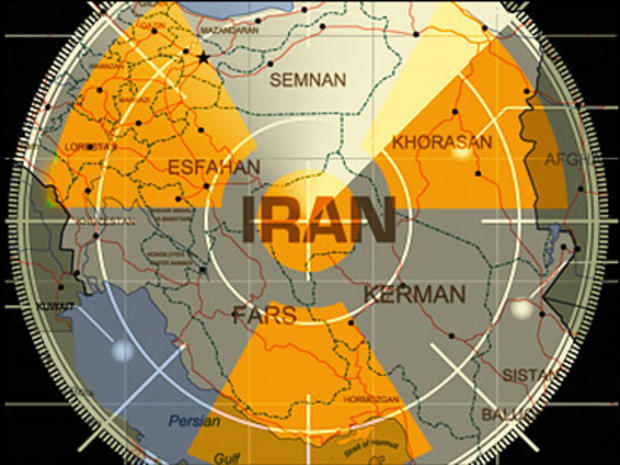IAEA: Iran slows nuclear activities ahead of talks
VIENNA - Iran has significantly slowed work on nuclear projects that could be used to make weapons, the U.N. atomic agency said Thursday in a report that comes as six world powers and Iran report new momentum in their nuclear talks.
After years of rapid progress, Iran's uranium enrichment program expanded at only a slight pace, as did construction on a reactor that will produce substantial amounts of plutonium once completed, the report said.
Iran says it is enriching uranium only to create reactor fuel and says the reactor will be used strictly for medical and research projects. But the United States and its allies fear that Iran could turn the enriched uranium and the plutonium into the fissile core of warheads.
The International Atomic Agency report did not link the nuclear slowdown to Iran's talks with the six powers, but the time frame covered by the report is significant.
It encompasses roughly 2 1/2 months since the end of August. Iran's new president, Hassan Rouhani, took office a few weeks after that with pledges of concessions on his country's nuclear programs in return for relief from the international sanctions hurting Iran's economy.Both sides have since spoken of noteworthy progress in nuclear talks after years of deadlock and say a first-step deal may be possible at the next round in Geneva next week.
The United States, Russia, China, Britain, France and Germany want strict controls and size limits on Iranian nuclear enrichment. Thursday's IAEA report noted little expansion in that program since the IAEA's last survey in late August.
It said Iran's stockpile of uranium enriched to 20 percent - a form that can quickly be further enriched to weapons-grade - grew by about 10 kilograms (about 20 pounds) since the August report to total a little less than 200 kilograms (440 pounds). That's about 50 kilograms (110 pounds) less than the amount experts say is needed for further conversion into weapons-grade uranium.
As well, the report noted that "no additional major components" have been installed since its last report at the reactor being assembled at Arak, southwest of Tehran. The six powers are demanding a slowdown of construction of that reactor as part of a first-step deal and ultimately want all construction to stop.
A senior diplomat familiar with the technical aspects of Iran's nuclear program said the slowdown was not due to technical problems. He demanded anonymity because he was not authorized to comment on the confidential report.
Israel is opposed to any deal at the nuclear talks to lift sanctions on Iran ahead of a complete end to enrichment. Israeli Prime Minister Benjamin Netanyahu said he was "not impressed" to hear that Iran has not expanded its nuclear program."They don't need to," he said in Jerusalem. "They've got enough facilities, enough centrifuges to develop ... the fissile material which is at the core of an atomic bomb."
The confidential report obtained by The Associated Press was circulated among the IAEA's 35 board member nations. It also was sent to the U.N. Security Council, which has imposed sanctions on Tehran for its refusal to heed its resolutions demanding it stop enrichment, mothball the reactor and curb other activities.
